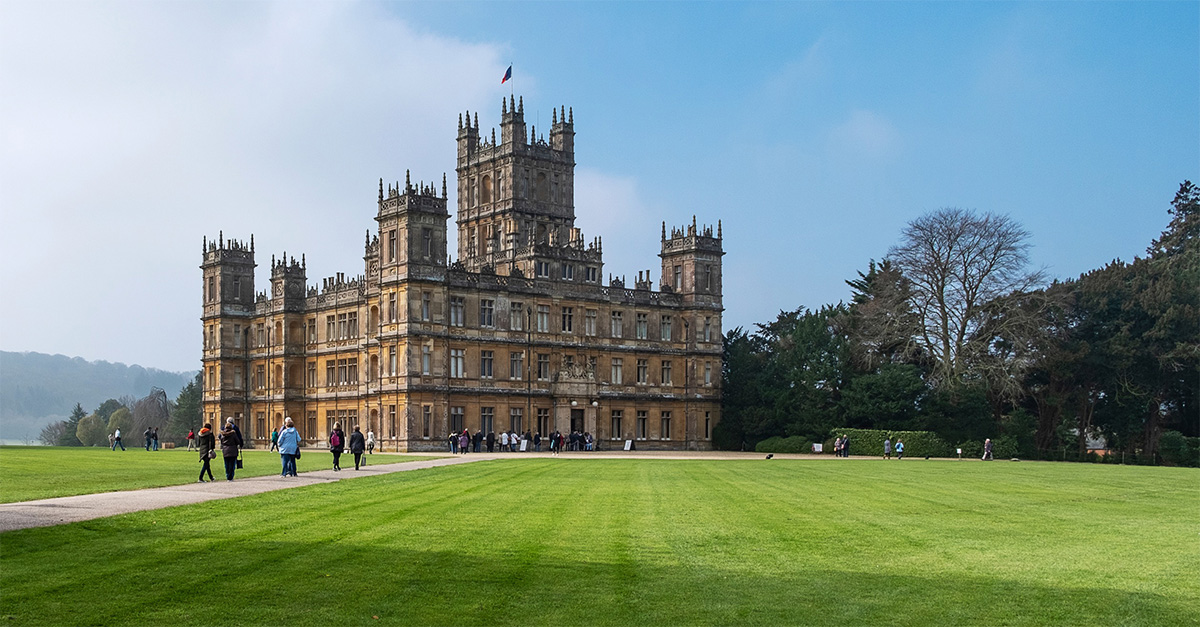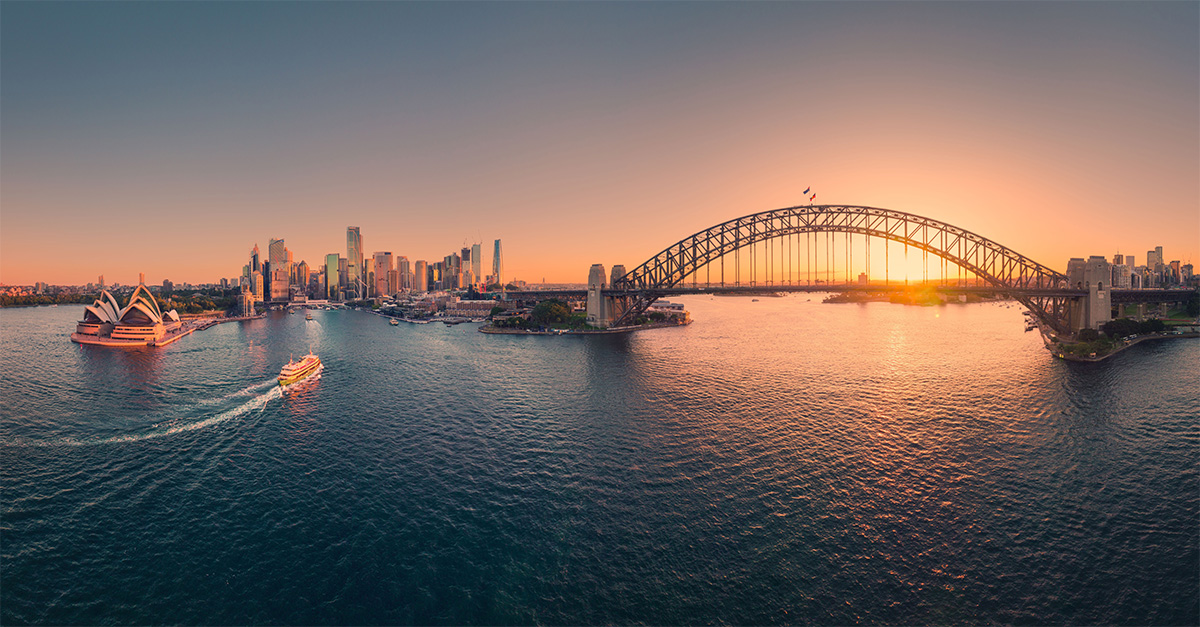Transport of all kinds is needed to take travellers to and from their chosen destinations. But with concerns about fuel prices, environmental impact and terrorism very much a reality, what will the transport of the future look like?
Sea
The rise in popularity of cruise holidays is a trend that looks set to continue. Earlier this year, the Passenger Shipping Association predicted the number of cruise passengers will increase from 1.5 million in 2008 to two million by 2012.
The PSA recently asked Fredrik Johansson, senior architect for Tillberg Design AB – which created ships such as Queen Elizabeth 2 and Independence of the Seas – to come up with a design of how ships could look in the future.
Johansson’s vision was of giant cruise ‘mother ships’ able to launch fleets of smaller vessels.
“[The designs] are aimed at the next generation of youthful, design-savvy and environmentally conscious passengers who we are now seeing entering the market,” he said.
More futuristic designs came from Dutch company NL Architects, which unveiled its mock-ups at the prestigious Venice Architecture Biennale show in September. The images showed cruise ships crossed with aircraft carriers, containing funfairs and tropical landscapes.
“The idea emerged from frustration that all cruise ships look the same,” said lead architect Kamiel Klaasse.
“We hope that the cruise ships of the future will have a different relationship with the cities they visit. Whereas now they dock at harbours and the people on board visit the city, in the future we envisage people from the city will feel compelled to visit the ships.”
Air
While the world marvels at the Airbus A380 and its ability to hold more than 800 economy passengers, engineers at Cambridge University and Massachusetts Institute of Technology say the design of aircraft of the future could be drastically different from that of today.
The technicians came together in 2005 to form the Silent Aircraft Initiative, a project working towards a drastic reduction in the noise levels of jets. The design they came up with has been called a ‘flying wing’ and sees the vessel resemble a glider or a huge mechanical manta ray.
Not expected to hit production until 2030, the streamlined design makes it ultra-efficient, offering a 20%-30% reduction in fuel consumption compared with conventional aircraft.
With the threat of terrorism a huge headache for airlines, passenger aircraft of the future could also feature an extensive network of CCTV cameras, according to a report in New Scientist earlier this year.
A prototype European system now being tested uses a camera in every passenger’s seat, with six wide-angle cameras to survey the aisles. Special software then analyses the footage to detect developing terrorist activity or ‘air-rage’ incidents, by tracking passengers’ facial expressions.
Land
With concerns over the environmental impact of air travel, rail journeys are expected to become more popular. In the world of trains, Maglev systems use magnetic forces that will allow carriages to levitate above the track and potentially travel faster, quieter and smoother than conventional trains.
The technology is developing and experts believe Maglev trains could one day reach speeds of 600mph – a velocity comparable to jet aircraft.
More rail innovations have come from a Taiwanese inventor, who unveiled a power-saving train system where trains never stop.
Still in its infancy, the design features special rail cars that passengers enter to get on and off the train. As a train enters a station it leaves one car and picks up another car as it exits.
For a glimpse at how solar energy may influence land travel in the future, the biennial Panasonic World Solar Challenge, which every two years sees vehicles travel the 3,000km from Darwin to Adelaide in Australia, powered only by the sun.
Next running in October 2009, the event is organised by the South Australian Tourism Commission and features futuristic cars that can travel over 90mph.




